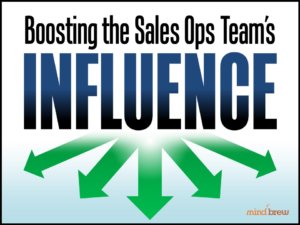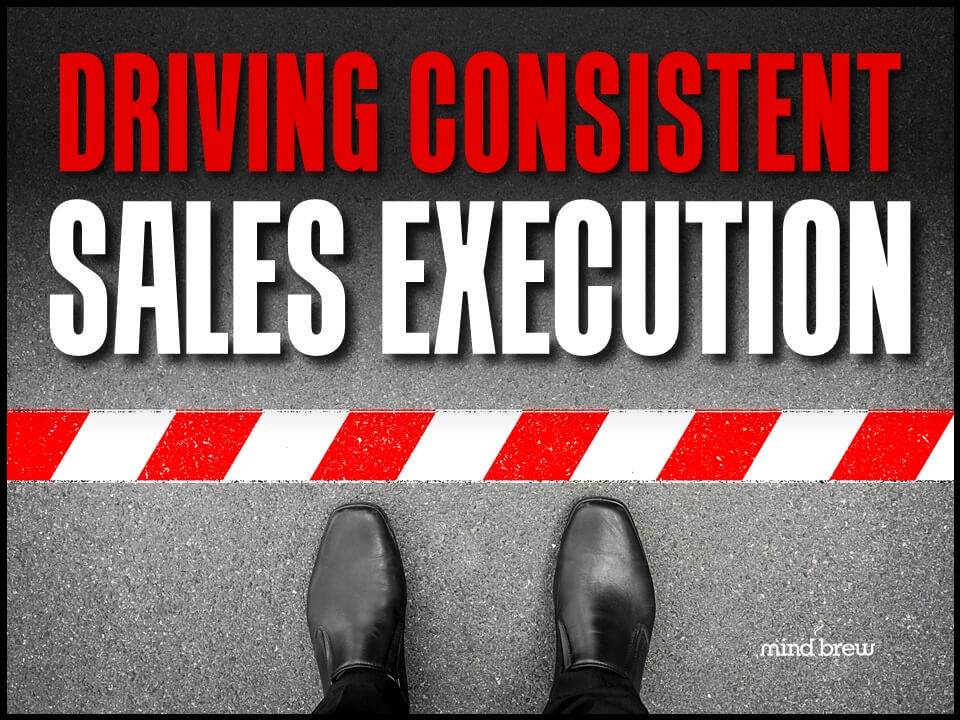When you’re looking for a sales operations job, the descriptions can start to blur together. Nearly every posting seems to ask for the same set of skills:
- Proven work experience
- Bachelor’s degree in a related field
- Strong analytical reasoning
- Knowledge of Excel and CRM tools
- Attention to detail
- Exceptional communication skills
A few may mention pipeline reporting, Salesforce, or revenue forecasting. If you’re lucky, you might even see a reference to go-to-market support or process improvement.
But anyone who’s worked in sales operations for more than five minutes knows the job goes far beyond this list. The true impact of a sales ops team doesn’t come from checking boxes—it comes from influencing how decisions get made and how execution plays out in the field.
A hiring reality check
If you’re hiring for a new Sales Ops position, what does your job description look like? Are you just listing technical tools and standard requirements…or are you actually seeking out the skills that drive real change?
There are entire categories of sales operations skills that almost never appear in job descriptions. And without them, even a highly experienced hire can struggle to make an impact.
Whether you’re looking for a new role, building your team, or trying to grow in your current one—these overlooked skills often make the biggest difference.
3 underappreciated Sales Ops skills
We go through a whole list of these valuable-but-rarely-requested skills in The Anatomy of a Successful Sales Analyst. Here are three of our favorites:
- Influence without authority: Can you drive alignment across sales, marketing, finance, and customer success—even when you don’t directly manage any of those teams? This is a critical skill in Sales Ops. It’s rarely in the job description, but it’s what separates a back-office report-runner from a strategic operator who shapes how the business sells.
- Diagnostic thinking: When performance dips, it’s easy to blame the forecast, compensation, or CRM hygiene. But the most effective Sales Ops professionals dig deeper. They question assumptions about territories. They examine the handoffs between functions. They surface process gaps that others don’t see. Getting to the real issue takes curiosity and confidence—not just a dashboard.
- Storytelling: Sales Ops runs on data, but action comes from understanding. The best operators don’t just show a slide deck of metrics; they connect the dots to a clear story. A compelling narrative is how you rally sales leaders around a change, get buy-in on process updates, or explain to the C-suite why a quota model needs to evolve. Without storytelling, even great analysis can fall flat.
Find more invisible skills
If these skills resonate with you — and you’re ready for more — we encourage you to go through The Anatomy of a Successful Sales Analyst in detail. It can serve as an excellent reference for helping make sure you are developing the most essential “invisible” skills in yourself and in your team.
You should also check out Building the Right Sales Ops Habits, Being An Internal Sales Consultant, and Boosting the Sales Ops Team’s Influence. All three contain insights that can help you take your career to the next level and build an influential and successful team.
We’ve rarely seen a sales ops job description that truly reflects what it takes to thrive in the role—and frankly, it might not even be possible to list everything on a single page. But we’d love to see more hiring managers and team leaders looking beyond the basics and valuing the hidden skills that drive results.















